Proxy Wars: State Responsibility and Lessons from International Jurisprudence
Victimized states are increasingly resorting to international legal mechanisms
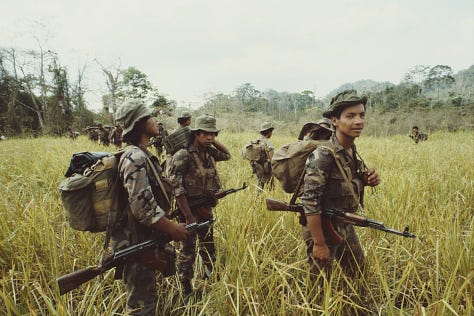
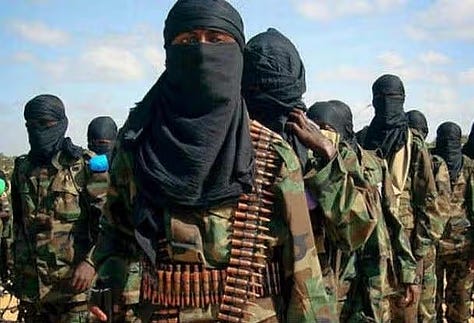
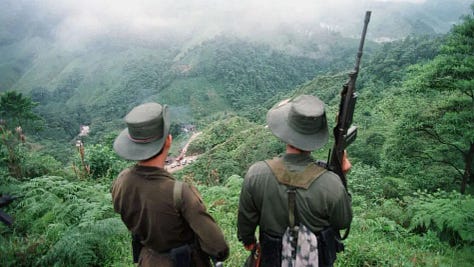
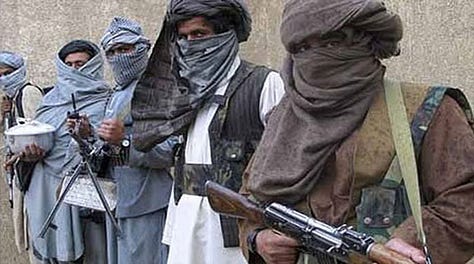
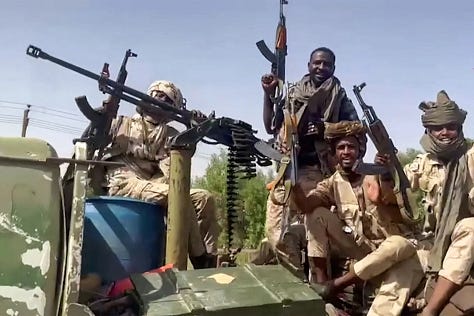
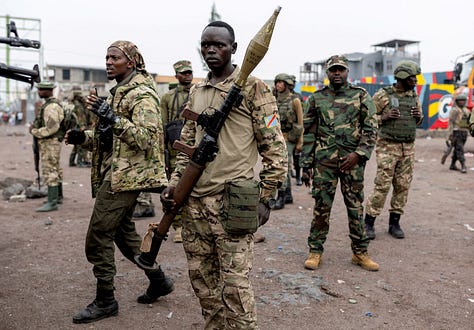
Proxy wars have replaced conventional inter-state war as the most widely used strategic tool of warfare. In South Asia, the biggest regional dispute features India and Pakistan accusing each other of sponsoring proxy militant groups in Kashmir, Northeast India, Balochistan and the Punjab. India characterizes Pakistan as the ‘epicenter of terror’. New Delhi has paralyzed the regional cooperation forum SAARC since 2016 due to its staunch opposition to Pakistan’s links with militant groups.
Since the Cold War, proxy wars have grown in intensity and frequency. Proxy wars are seen as a cost-effective strategy in comparison to conventional warfare. The United States and Soviet Union never engaged in direct confrontation during the Cold War. But the superpowers challenged each other through proxies in Asia, Africa and Latin America, including both client states and non-state armed groups. Regional powers and middle powers began to view proxies as an increasingly cost-effective strategy, which was reflected in Pakistan’s support for the Afghan mujahadeen during the Soviet occupation of Afghanistan. The roots of Pakistan’s policy of maintaining links with Islamic militant groups can be traced back to the Afghan-Soviet War. Pakistan later co-opted this strategy in the Kashmir region.
In 1986, the International Court of Justice outlined the ‘test of effective control’ in the case of Nicaragua vs. United States to determine American sponsorship of the Contras in Nicaragua. The Contras were an anti-communist guerrilla force which opposed the leftwing dictatorship in Nicaragua. The court discussed the sufficiency of control of paramilitaries by the patron state, which in this case was the United States.
In 1997, the International Criminal Tribunal for the former Yugoslavia (ICTY) outlined the ‘test of overall control’ in the Tadic case to determine the extent of state sponsorship of a militant group. Dusok Tadic was a member of a Serb militia force which was involved in the Bosnian genocide.
Between 1999 and 2022, in the case of Armed Activities on the Territory of the Congo, the International Court of Justice considered the culpability of neighboring states in sponsoring armed groups inside the Democratic Republic of the Congo. The case eventually pinned down on Uganda’s occupation of Congolese territory and awarded the DRC reparations to the tune of $325 million which was to be paid as compensation by Uganda.
Ukraine has instituted proceedings against Russia at the International Court of Justice for violations of the International Convention for the Suppression of the Financing of Terrorism (ICSFT) and the International Convention on the Elimination of All Forms of Racial Discrimination (CERD). The case relates to Russia’s sponsorship of proxy insurgent groups in eastern Ukraine. Another case filed by Ukraine accuses Russia of violating the Genocide Convention in light of the Russian invasion of Ukraine and ensuing war which has engulfed the region.
In March 2025, Sudan filed a case against the United Arab Emirates (UAE) for alleged Emirati support for the Rapid Support Forces (RSF) paramilitary group which is accused of genocide in western Darfur. Both the UN and Sudan have pointed to credible evidence of financial, political and military support for the RSF emanating from the UAE which is accused by Sudan of meddling in the country’s civil war. Sudan has accused the UAE of violating the Genocide Convention through its sponsorship of the RSF. Sudan will presumably rely on the earlier cases which outlined the tests of effective and overall control to determine state responsibility for proxy wars.



